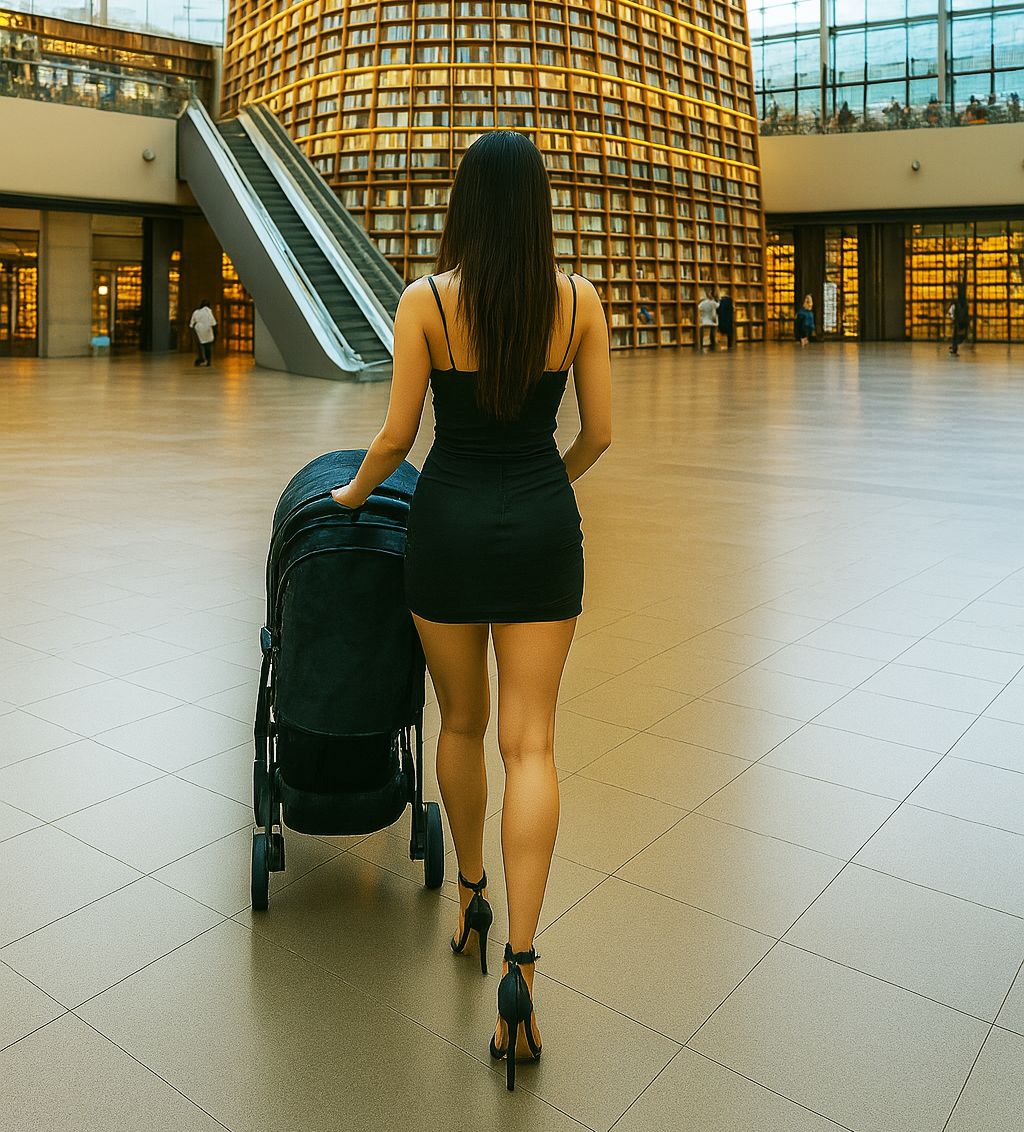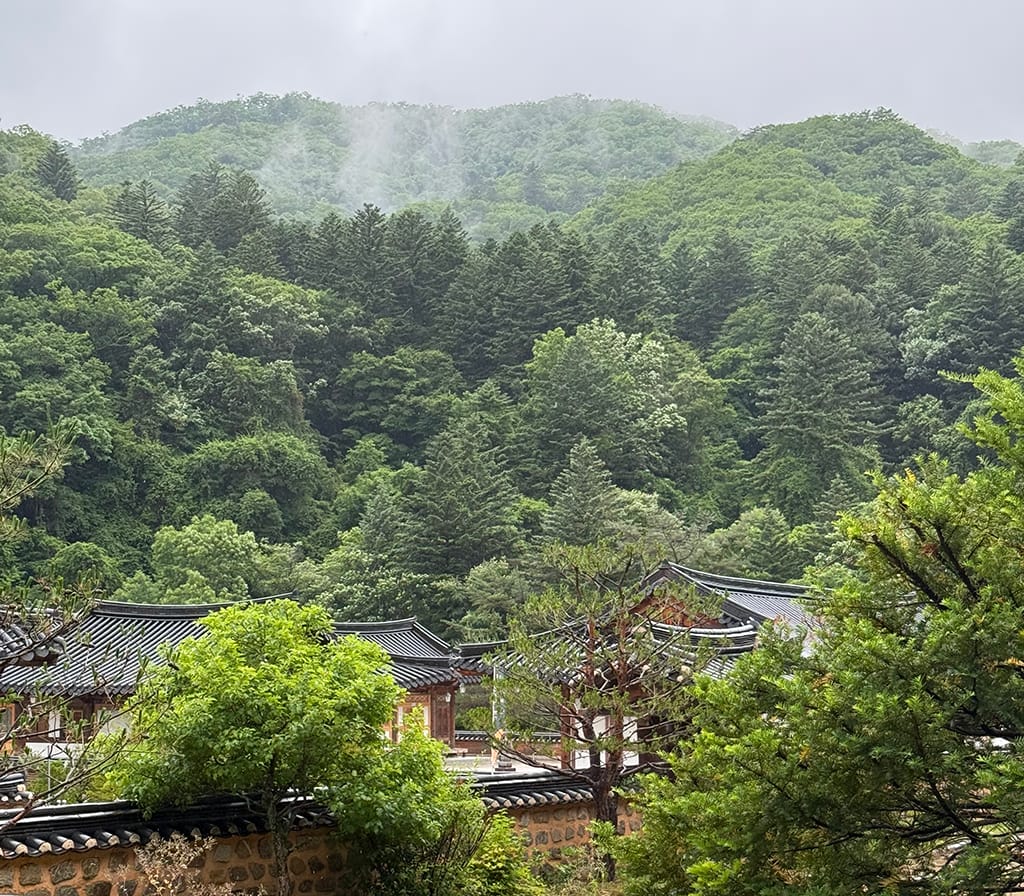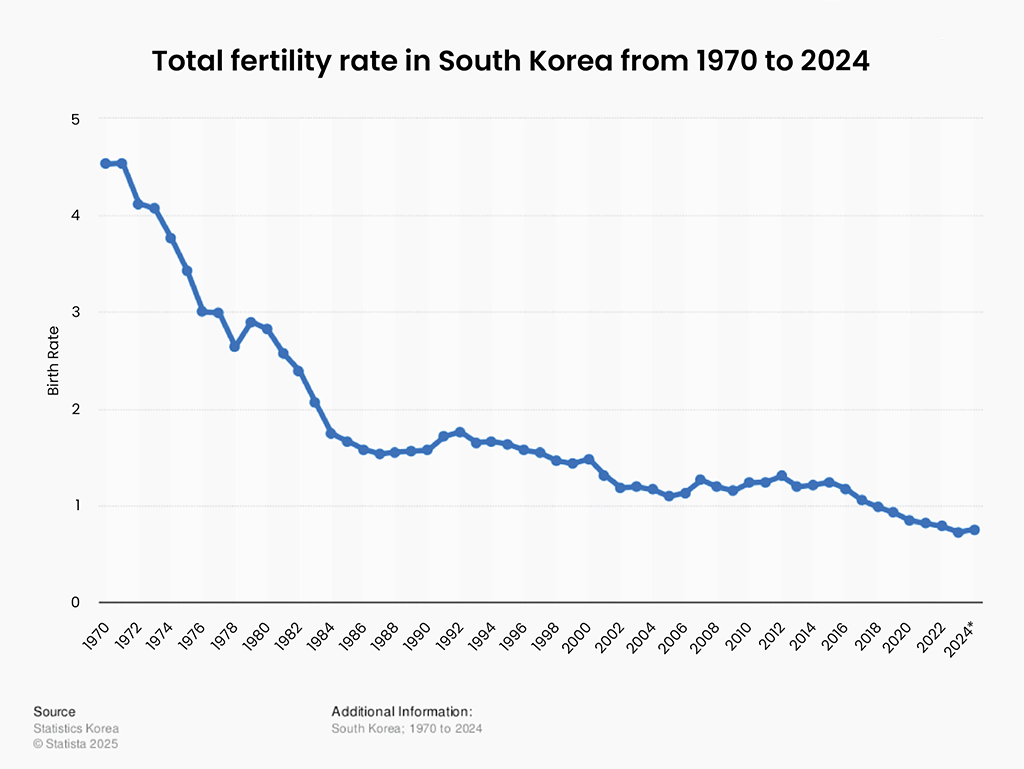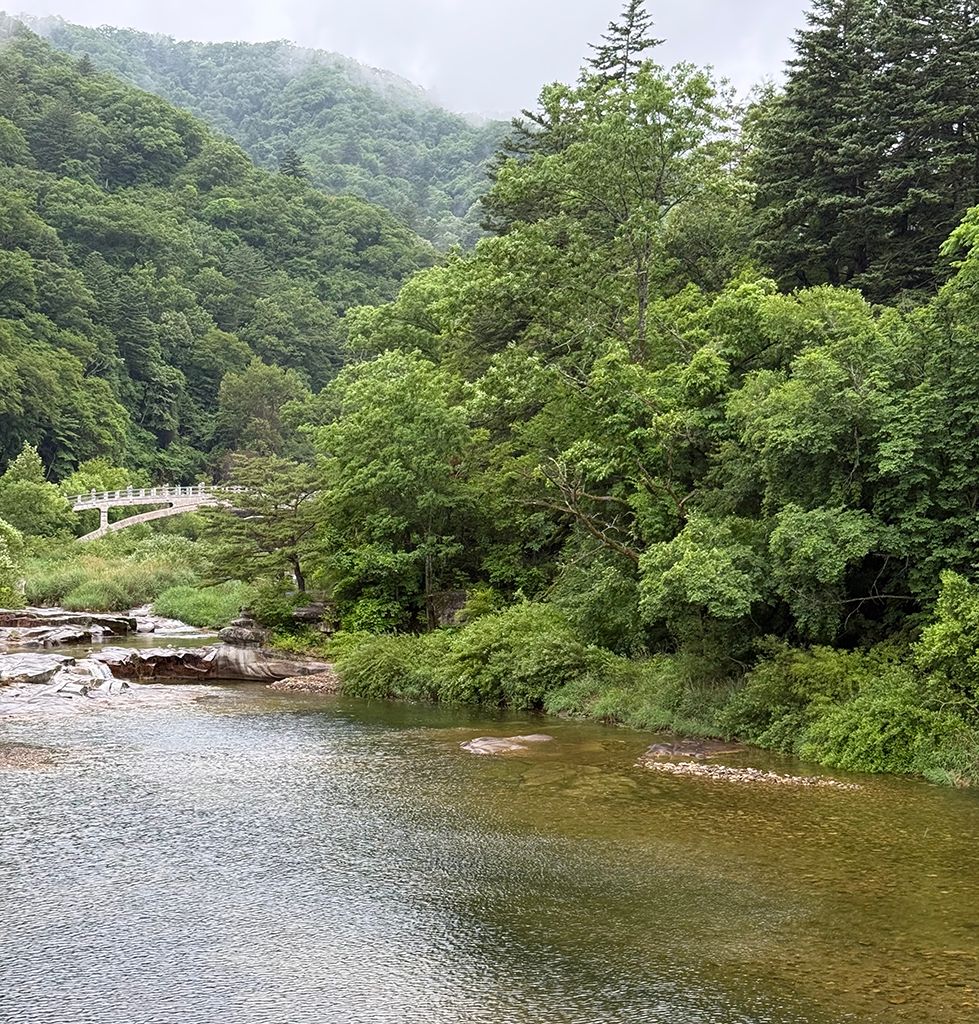- PROFIT+
- Posts
- Overheard in Korea
Overheard in Korea

Hi Everyone and welcome back to Profit+
Thanks for your patience during this much-needed break. Refreshed from our amazing trip to Korea and a great 4th of July weekend, we are back to our regularly scheduled programming here at Profit+. I’ve got a bunch of interesting articles on deck—including some provocative thoughts on why we must resist the decidedly un-American ICE raids, what the passage of the Big Beautiful Bill means for the investing landscape, and why we should take seriously the idea of new political party in America. Up first, though, are a few articles with my reflections on our trip.
Korea is an amazing place, one of the best we’ve been. It’s safe, fun, and family friendly and has amazing architecture all over the place, highly functioning public transit, and lots of interesting and beautiful sites to see. But it’s the food and coffee scene that makes it stand apart. That and the cosmetics—more on that below.
Seoul feels like one of those cities you could live in for years and never quite know. It is as vast as it is populous and each little neighborhood offers countless opportunities to experience Korea’s rich culture.

Though we spent most of our time in Seoul, my favorite moments were the few times we got out into Nature and experienced Korea’s raw beauty. Highlights for me include visiting the Wolijeongsa Buddhist Temple in the Odaeson National Forest and swimming in the frigid Sea of Japan off Gyeungpo Beach.

One of the most surreal experiences was visiting the Bongseunsa Buddhist Temple in the Gangnam district of Seoul and then walking across the street to the unusually massive Starfield COEX Mall. What a contrast! One place dedicated to the ancient wisdom of peace, awareness, and simplicity, the other, an ode to the modern materialist obsession, a never-ending labyrinth of things to buy and consume. To put a bow on the feeling, there was a robot exhibit at COEX that day, signifying clearly the inexorable mechanical and electronic direction of our future. In many ways, this interesting physical and emotional juxtaposition summarizes South Korea—a place that became modern so fast that the old blends with the new in the most interesting ways—at least from the admittedly limited perspective of an American tourist.
The Best
One of things you notice right away is that people in South Korea seem to love to wait in line. Even though there’s a never-ending supply of stores, restaurants, coffee and pastry / bread shops, you’ll see people queuing up in front of certain places all over the city at all times of the day. The phrase that seems to be on everyone’s mind is “Oh, you have to have the best one though!”
Whatever is going-on here, you get the sense that this is a place where status and social proof matter a lot. So much so, that people will seek out the “best,” regardless of any inconvenience. One of the coffee shops we went to had a 2-hour wait just to get a to-go order! Admittedly, their black sesame coffee drink was off the charts and probably worth it.
Similalry, as you walk around Seoul—a city that feels like one giant, interconnected shopping experience—you realize, as well, that this is a place where brands are a big deal as well. To be sure, this is a global phenomenon but it’s on extra display in South Korea. The country feels like a hot spot for conspicuous consumption and might be the best place on Earth to sell Giffen Goods (items that have an inverse demand function where demand actually goes up as the prices goes up).
Similarly, South Korea has gone so far down the cultural rabbit hole of our American obsession with beauty, that is has become a hotspot destination for cosmetic tourism. Literally, every American we met on our trip was planning on getting some kind of face laser, treatment, or cosmetic procedure while in Seoul. It’s a thing, a big thing. One afternoon, we went to see a movie and I kid you not every single ad the theatre showed before the start was for some cosmetic product or procedure. This cannot be good.
Observing all this, I got the feeling that South Korea is a place that has become more American in many ways than America herself.
Taxicab Confession
One night I stayed out in the city to get a haircut from one of Seoul’s famous salons and ended up in a cab by myself. I’m so glad I did this—not just because the haircut lived up to the hype but also for the absolutely surreal conversation that ensued. Almost as soon as I got in the car, my driver started going off!
Our conversation was unusually slow—as it was done exclusively over Google Translate—but it was epic. Over 20-30 minutes, my driver—a man I’m guessing in his mid-50’s—discussed everything from the rise of Trump in America to whether the NBA playoffs are rigged to the dramatic changes in Korean culture over the last few decades. The highlights though were his counter-trend thoughts on the cultural liberation of women in Korea, which is a relatively recent phenomenon.
As he was lamenting the consequences of better gender equality on Korea’s historically heavily male-dominated society, there were several occasions where I couldn’t help but laugh out loud:
“Korean women have gotten out of control. Look at me. I drive Uber Black and I cannot even do what I want any more! All my money goes directly to my wife’s account and she sees everything.”
I never did learn exactly what he was hoping to hide from his wife as the conversation quickly transitioned in a more serious direction.
“Korean women don’t even want kids anymore. They are too busy buying fancy things, taking care of their dogs, and getting cosmetic procedures.”
“Oh, jeez,” is all I could muster in response to that one.
This went on and on for a long while. Of course, I’m not someone who’s going to accept the idea of blaming all our cultural problems on better gender equality but there’s a little truth in every absurdity. He’s right to be concerned about the country’s declining birthrate—South Korea’s numbers are among the worst in the world—

But there’s obviously more to the story than his one-sided indictment.
Just why young Koreans are choosing not to have children is one of the most important questions in the world. It’s a question we can ask of many places—Japan, large parts of Western Europe, Russia and, I’m guessing soon the United States.
Who or what should we blame? Our increasingly unfair and competitive economy? Microplastics in the water? Our global culture of narcissistic selfishness? Income inequality? Our massive global debts? Climate change anxiety?
I don’t think there are any easy answers here. What we are seeing around the world suggests that there’s been a profound loss of faith in the future. When thinking about all the possible selfless missions we could get behind, this one might be the most important. It’s the meta-issue of all issues. What will it take to restore the feeling of hope for a better future? Please hit reply and let me know your thoughts on this.

PS. Next week I’ll share my list of the top must-experience restaurants, bakeries, and coffees shops in Seoul.
Reply